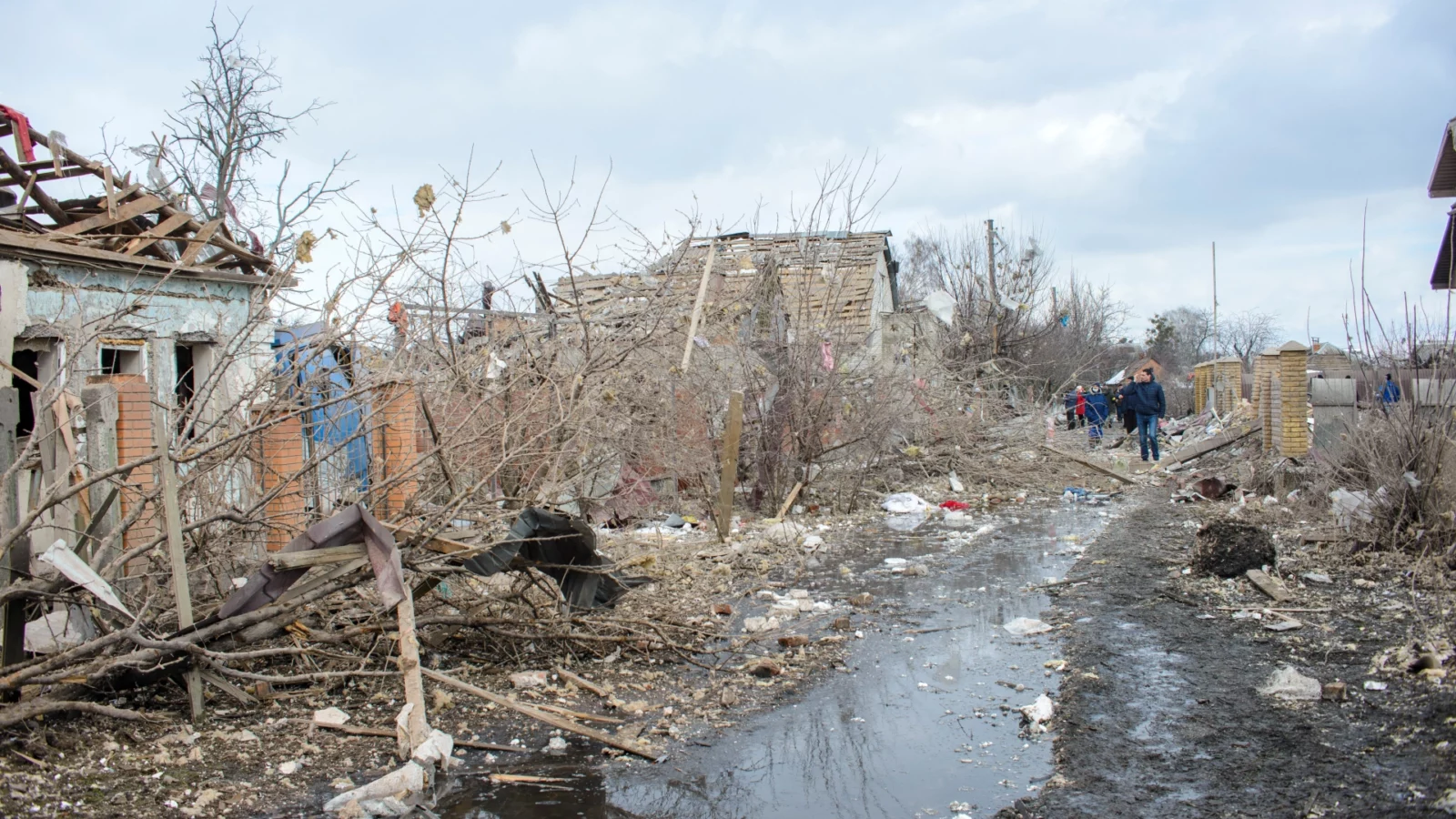Russia on Wednesday accused Ukraine of having blown up in a “terrorist act” a pipeline linking the Russian city of Togliatti to the Ukrainian port of Odessa, essential for the export of ammonia and fertilizers, deactivated since February 2022 but which Moscow was hoping to get back on the road.
“A Ukrainian sabotage group blew up the Togliatti-Odessa ammonia pipeline”, about 2,400 km long, the Russian Defense Ministry said in a statement.
This explosion took place on Monday evening near Massiutovka, a small village controlled by Russian forces in the Kharkiv region (north-eastern Ukraine), almost all of which had been taken over by the Ukrainian army in the fall 2022, according to the same source.
“Several civilians were injured. They were given all the necessary medical assistance,” the statement said.
The pipeline, which connects the Russian city of Togliatti, on the banks of the Volga, with Odessa, the most important Ukrainian port on the Black Sea, allowed Russia to export more than 2.5 million tons of ammonia – a key component of mineral fertilizers – in particular for the European Union.
It was commissioned to export the products of the Togliatti Chemical Enterprise, Russia’s largest ammonia producer and one of the largest in the world.
Transit through this pipeline, built in the late 1970s, was suspended with the start of the Russian offensive in Ukraine in February 2022.
The resumption of its operation, demanded by Moscow, is part of the negotiations, with the participation of the UN, on the cereals agreement which has allowed the export of millions of tonnes of Ukrainian cereals.
“This ammonia pipeline was crucial to ensuring food security in the world,” Russian Foreign Ministry spokeswoman Maria Zakharova said in a briefing on Wednesday.
She accused Ukraine of having “dealed a severe blow to the efforts of the UN in the fight against hunger”.
“The only one who had no interest in the ammonia pipeline resuming work was the kyiv regime,” Zakharova said.
The grain agreement was signed on July 22, 2022 by the UN, Ukraine, Russia and Turkey.
This crucial agreement for the world food supply, which allowed the export of Ukrainian cereals via the Black Sea, was renewed in May for two months, until July 17, while Moscow is demanding guarantees on another agreement concerning its exports, particularly of fertilizers.
This article is originally published on connaissancedesenergies.org









